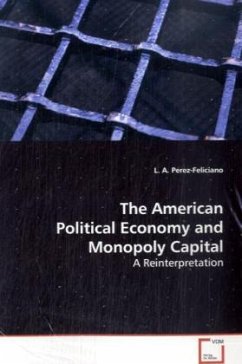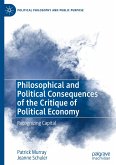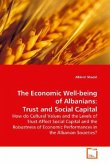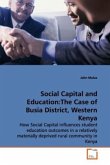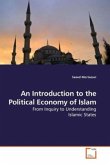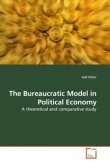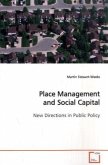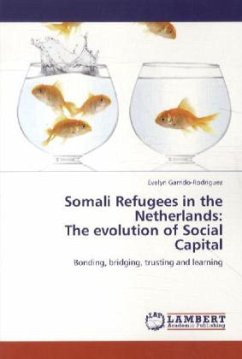This work presents the case of the American economy as a repudiation of the two-stage theory of capitalist development advanced by theorists like Hilferding, Steindl and Baran and Sweezy. Various cases from the American economy are presented to contradict the argument that with the emergence of large-scale industry competition among capitals is eliminated or highly restricted. The experience of the American automobile industry confirms Marx's argument that competition and the concentration and centralization of capital are not opposites where the emergence of one entails the disappearance of the other. The American case also confirms Schumpeter argument that a monopoly position cannot be sustained for any considerable period. The experience of capitalism continues to demonstrate that its gale of creative destruction is always at work bringing down whatever barriers are erected to prevent its expansion. General Motors' battle to enter the high-volume, low-cost market dominated by Ford is a good example. In the later decades of the twenty-century foreign firms began to compete effectively and to challenge the market dominance of the American brands.
Bitte wählen Sie Ihr Anliegen aus.
Rechnungen
Retourenschein anfordern
Bestellstatus
Storno

